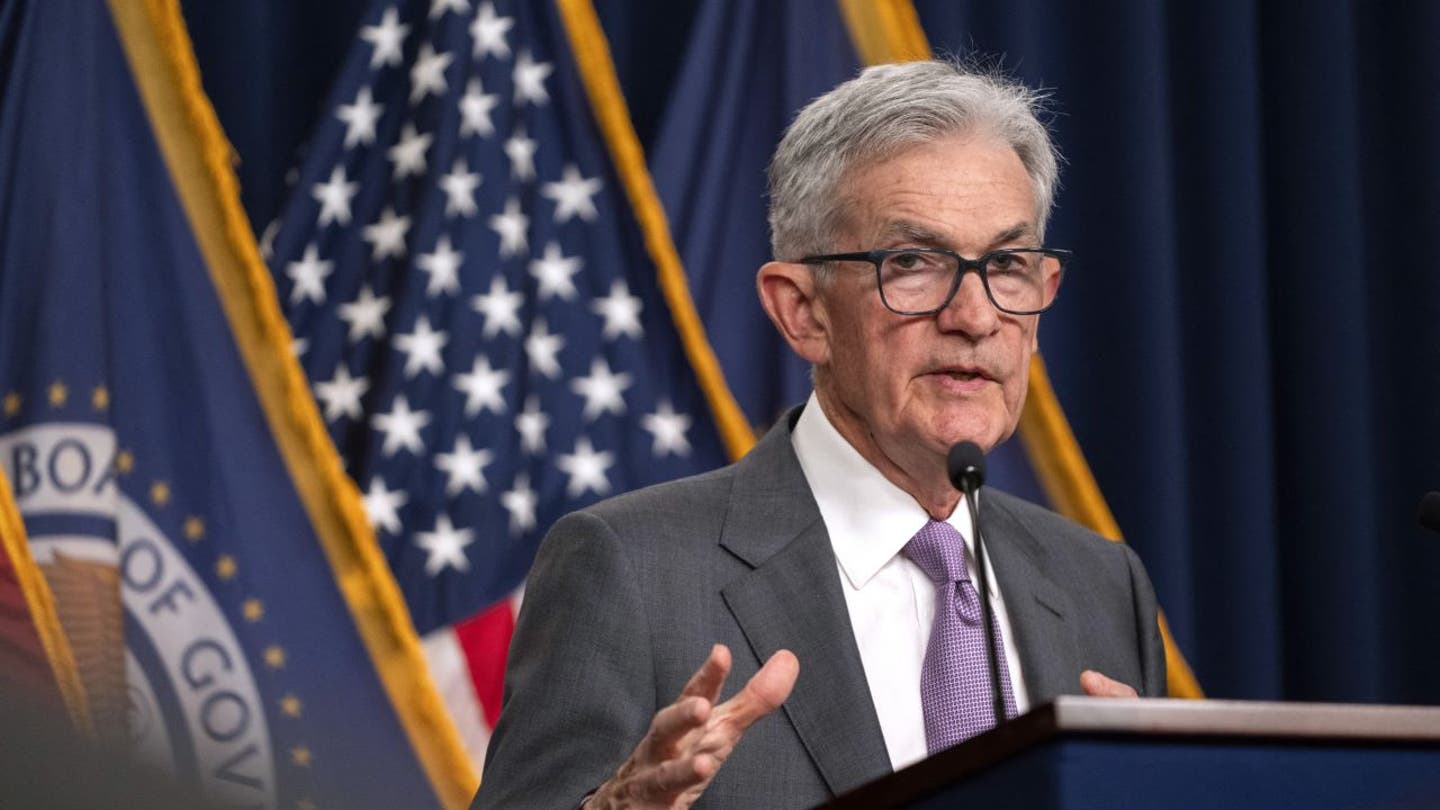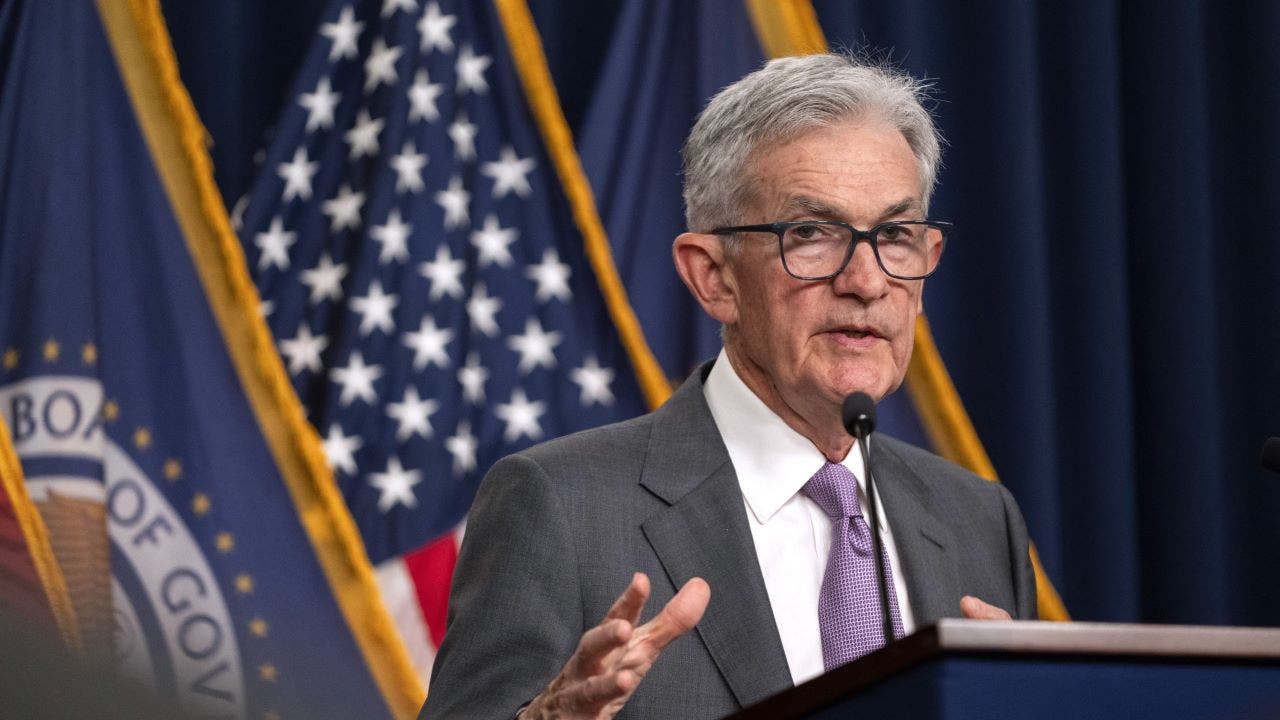Jerome Powell speaks after Federal Reserve announces interest rate decision
The Federal Reserve announced its second straight interest rate cut on Thursday, cutting the key rate by 25 basis points, amid economic data showing signs that inflation and the labor market are cooling.
With the 25 basis point cut, the benchmark federal funds rate will decrease to a range of 4.5% to 4.75%.
The Fed’s move follows a larger-than-normal 50 basis point cut at the September meeting, which was the first rate cut since March 2020 and dropped rates from a range of 5.25% to 5.5% – the highest level since from 2001.
The Federal Open Market Committee (FOMC), the Fed’s policy-making arm, noted that “labour market conditions have generally eased and the unemployment rate has risen but remains low. Inflation has made progress toward target 2 percent of the Committee, but remains elevated.”
Policymakers noted in the announcement that they are “alert to the risks to both sides of his dual mandate” – which is to promote maximum employment and stable prices. All FOMC members voted in favor of the rate cut.

Fed Chairman Jerome Powell said the central bank will adjust its interest rate adjustments based on economic conditions. (Photo by ROBERTO SCHMIDT/AFP via Getty Images / Getty Images)
Fed Chairman Jerome Powell said at the press conference that “the economy is strong overall and has made significant progress toward our objectives over the past two years.”
“The unemployment rate is significantly higher than a year ago, but has declined over the past three months and remains low at 4.1%,” Powell said. “Overall, a broad set of indicators suggest that conditions in the labor market are now less tight than just before the pandemic in 2019. The labor market is not a source of significant inflationary pressures.”
He said of the Fed’s decision to cut rates by 25 basis points to a range of 4.5% to 4.75% that policymakers are aware that cutting rates too quickly could hinder progress in inflation, while moving too slowly could ” unnecessarily weaken economic activity and employment.”
“As the economy evolves, monetary policy will adjust to best promote our objectives of maximum employment and price stability. If the economy remains strong and inflation is not moving steadily toward 2%, we may reduce tapering policy more slowly. If the market were to weaken unexpectedly, or inflation were to fall faster than expected, we could move faster,” Powell explained.
Asked about the election’s impact on the Fed’s monetary policy decisions and planning around future rate moves, Powell replied: “In the near term, the election will have no effect on our policy decisions,” note that it is unclear at this time what. the core of any fiscal policy change would be and therefore the economic impacts are uncertain.
“We do not conjecture, speculate, or assume. Now, only in principle, it is possible that any administration’s policies or policies established by Congress could have economic effects that, over time, would be material to the pursuit of our dual mandate goals,” Powell said, noting that they will study the economic projections of such proposals using Fed models.
He also fielded a follow-up question about whether expectations of higher budget deficits are keeping market interest rates high and whether rising deficits worry him. Powell responded by saying, “We don’t comment on fiscal policy,” and added, “I don’t have much to say about what’s driving bond yields.” He also explained that if, for example, Congress were to consider revisions to the tax laws that could have an economic impact, they would study those projections.
Powell was asked about comments from some of President-elect Trump’s advisers about whether he would step down as Fed chairman if Trump asked him to resign, and he replied, “No.” He was then asked if he thought he would be asked to leave in response to such a request, and he said, “No.”
This is a developing story. Please check back for updates.
